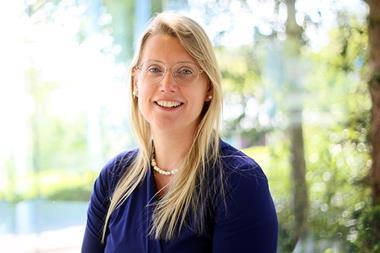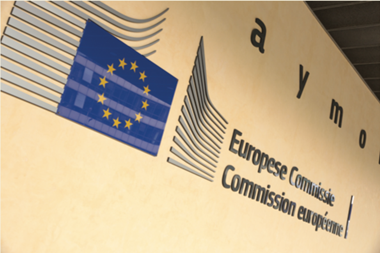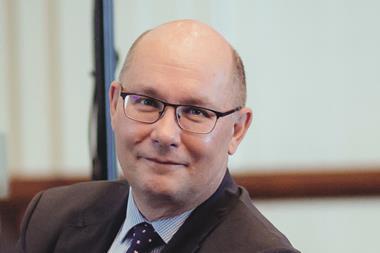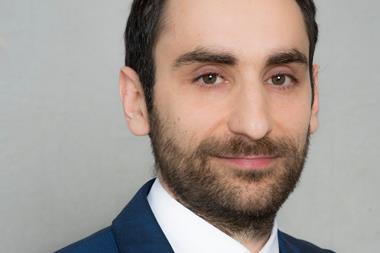aba’s Cornelia Schmid reflects on the European Commission’s Savings and Investments Union (SIU) strategy
On 19 March 2025, the EU Commission unveiled its long-awaited Savings and Investments Union (SIU) strategy. One main focus is on mobilising private savings for investments that are in line with the Commission’s strategic priorities. In this context, the communication also provides for measures relevant to pension policy.
With respect to boosting supplementary pensions coverage, the Commission’s main focus is on auto-enrolment, pension tracking and pension dashboards. All of these are good instruments, but neither the best nor an exhaustive choice.
For example, collective agreements on occupational pensions typically lead to higher coverage among employees and are more cost-effective. They can also contain provisions for auto-enrolment. A look at occupational pension schemes in Germany reveals major differences, somewhat depending on the sector and company size. We need to find solutions in particular for employees of SMEs. Collective agreements are often the ideal solution, but are not possible everywhere.
Auto-enrolment alone is unlikely to reach many employees with low incomes. Further instruments are needed. For example, Germany has had successes with a subsidy for occupational pensions, in which employers receive tax support to give these low-income employees a pension promise.
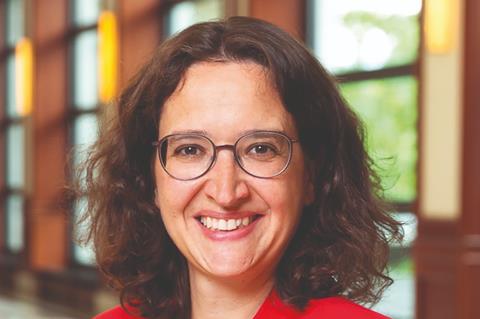
“Rather than damaging existing pension schemes, existing instruments for efficiently funded pensions should be improved and strengthened”
Cornelia Schmid, deputy secretary general at aba, Germany’s workplace pensions association
The diversity between and within member states in the area of pensions is huge, but this is not a fundamental problem. We will make progress through the exchange of best practices between member states, recommendations from the EU Commission and appropriate national implementation. The Commission should take a broader view and not unnecessarily limit the toolbox.
Based on best practice in Germany, we also want to urge the Commission’s financial services department to involve its counterpart for employment matters, as well as trade unions and employers, in the formulation of recommendations on pension policy.
The Commission’s SIU strategy also includes plans to review the IORP II Directive and the Pan-European Personal Pension (PEPP) framework “with the aim of increasing participation in supplementary pensions”.
EIOPA has already recommended combining occupational and personal PEPPs in a single pension product as well as to “introduce auto-enrolment in the PEPP”. But notwithstanding the need for more funded pensions in most member states (including Germany), a lack of products is probably not the problem.
Why should Germany try to save the PEPP by auto-enrolment and by involving the employer as a collection agency? German IORPs aren’t even allowed to offer a PEPP. Rather than damaging existing pension schemes, existing instruments for efficiently funded pensions should be improved and strengthened.
Cornelia Schmid is deputy secretary general at aba, Germany’s workplace pensions association








